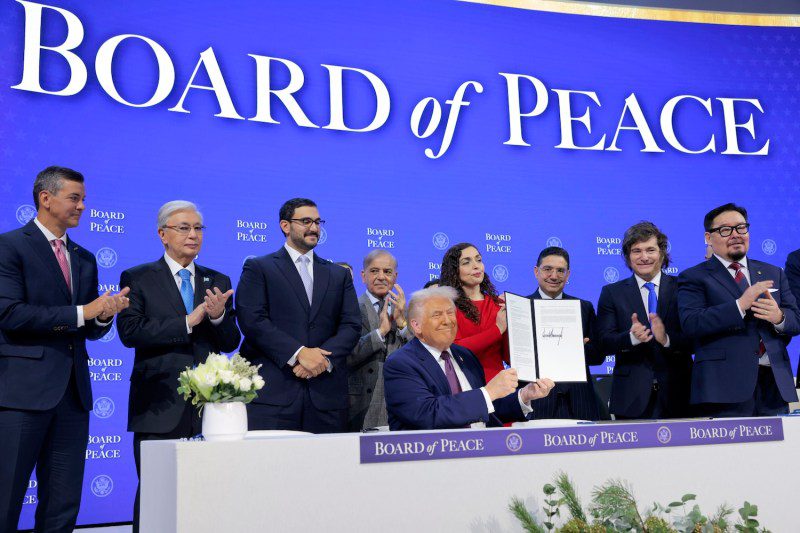Key Impact Points
- Critical Water Scarcity: Over 2 billion lack safe drinking water; 3.5 billion lack sanitation.
- Health Crisis: Waterborne diseases contribute to 1.4 million deaths annually and 50% of global malnutrition.
- Climate Amplification: Developing countries face severe droughts and floods, impacting nutrition, education, and economies.
- Action Plan: Recommendations include international cooperation, nature-based solutions, infrastructure investment, and policy reforms.
Access to safe drinking water and sanitation, reliable water supply for agriculture and industry, and protection against droughts and floods are crucial for development, according to a World Bank report released at the 10th World Water Forum in Bali, Indonesia.
The report highlights a worsening crisis: in the last 20 years, 197 million more people lack safe drinking water, and 211 million more lack basic sanitation. Currently, over two billion people lack safe drinking water, and 3.5 billion lack sanitation. This leads to 1.4 million deaths annually from infectious diseases and contributes to 50% of global malnutrition.
Quotes
- Manuela V. Ferro, World Bank Vice President for East Asia and the Pacific: “To improve livelihoods, significant reforms and investments are needed to provide efficiently managed water and sanitation services to those without access, and to strengthen resilience against hydro-climatic risks.”
Change the World - Subscribe Now
Findings of the Report
The report underscores the severe lack of safe drinking water and sanitation, with over two billion people lacking access to safe water and 3.5 billion without proper sanitation. This deficiency has devastating health impacts, causing 1.4 million deaths per year and contributing to half of global malnutrition. The situation is exacerbated by climate change, which amplifies water-related risks, particularly in developing countries that rely heavily on water-dependent sectors like agriculture.
Improving Water Security
To address these issues, the report recommends:
- International Cooperation: Protect depleting aquifers and manage freshwater resources through global collaboration.
- Nature-Based Solutions: Implement reforestation and invest in water storage infrastructure to manage water availability.
- Housing and Land Use Policies: Upgrade housing and prevent construction in flood-prone areas.
- Early Warning Systems and Insurance: Help households and farmers cope with extreme weather events.
- Water Tariff Reforms: Ensure affordability for low-income households while maintaining and expanding services.
Future Implications
Going forward, these measures aim to enhance water security, especially in developing countries. Improving water infrastructure and management will not only address current deficiencies but also build resilience against future climate-related risks. The success of such initiatives could pave the way for broader application in other regions facing similar challenges.
Spotlight on Indonesia Indonesia has made notable progress, investing in 61 dams and community-based water supply programs, benefiting over 24 million people. The government’s focus on reducing pollution and pioneering peat water treatment showcases effective strategies to improve water security.
This World Bank report calls for urgent action and investment to secure water access and sanitation, highlighting the need for comprehensive reforms and international cooperation to tackle this global challenge.

 Follow SDG News on LinkedIn
Follow SDG News on LinkedIn











